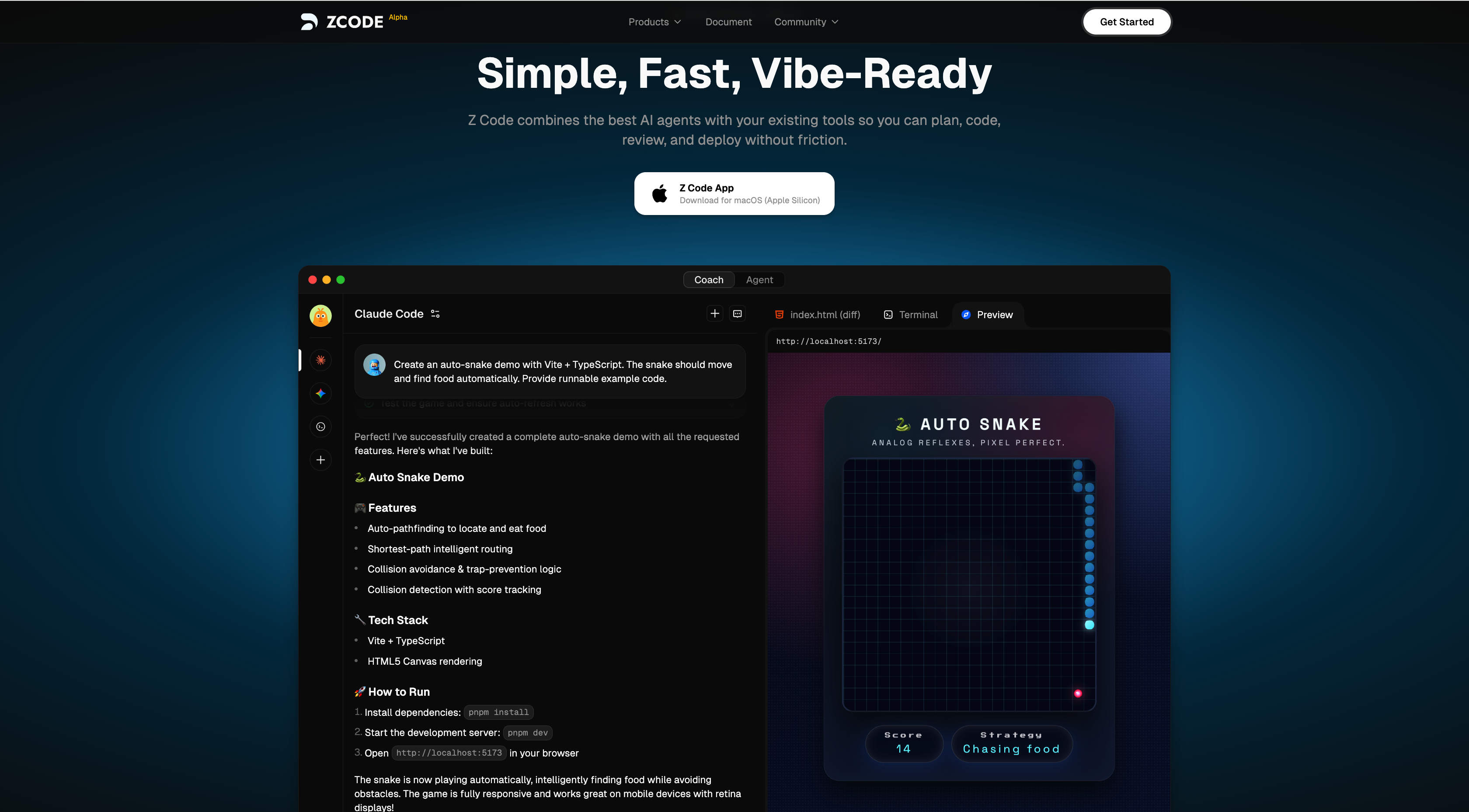Meta CEO Mark Zuckerberg recently defended the company's use of copyrighted data for AI training by referencing YouTube's battle against pirated content in a legal lawsuit. The case, titled "Kadrey v. Meta," is one of many copyright lawsuits against AI companies in U.S. courts, with plaintiffs including well-known authors Sarah Silverman and Ta-Nehisi Coates.

According to recently released excerpts from Zuckerberg's testimony, he noted that while there may be some pirated content on YouTube, the platform is still working hard to remove it. "Most of the content on YouTube should be legitimate; they have the necessary licenses," Zuckerberg stated. This comment suggests his stance on Meta's use of a copyright eBook dataset called LibGen for AI training.
LibGen is a link aggregation site that offers copyrighted works from multiple publishers, including Cengage Learning, McGraw-Hill, and Pearson Education. The site has been sued multiple times for copyright infringement and has been fined tens of millions of dollars. Court documents reveal that although Meta's AI team expressed concerns about the legal risks of using LibGen, Zuckerberg still approved its use as a training dataset.
During questioning, Zuckerberg claimed he was not familiar with LibGen but stated that it would be unreasonable to prohibit the use of platforms like YouTube. "No, I wouldn't want to set a policy for people using YouTube just because some content may be copyrighted," he said. He also acknowledged that Meta needs to exercise caution when using copyrighted materials for training.
According to the latest allegations from the plaintiffs' attorneys, Meta had cross-referenced certain pirated books from LibGen with authorized copyrighted books to determine whether to enter into licensing agreements with publishers. Additionally, the plaintiffs accused Meta of using LibGen's dataset while training its latest Llama model and of downloading eBooks from another pirated source, Z-Library, for training purposes.
Z-Library has also faced multiple legal actions over copyright issues, with its maintainers being charged in 2022 with copyright infringement, online fraud, and money laundering.
Key Points:
📚 Zuckerberg cited YouTube's case in court to defend Meta's use of copyrighted materials in AI training.
🔍 Plaintiffs accuse Meta of using the pirated book dataset LibGen for training the Llama model and hiding related information.
⚖️ Meta faces multiple copyright lawsuits, raising internal discussions and concerns about related legal risks.










